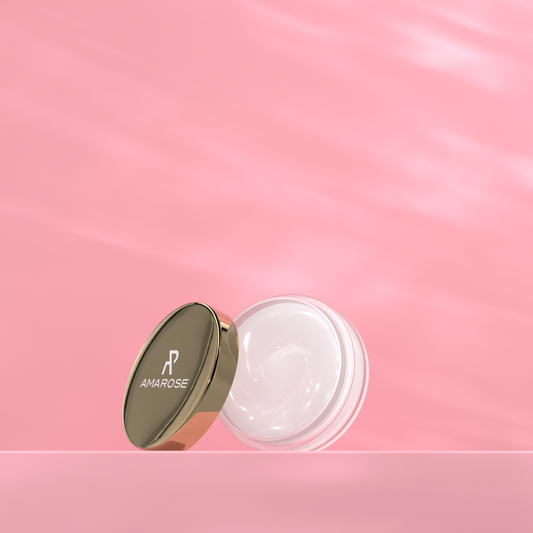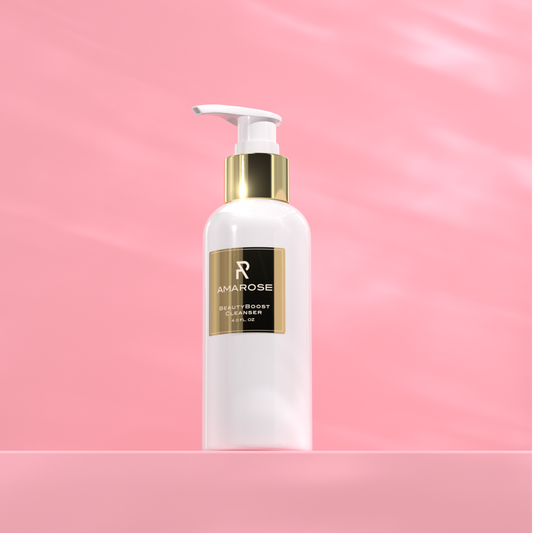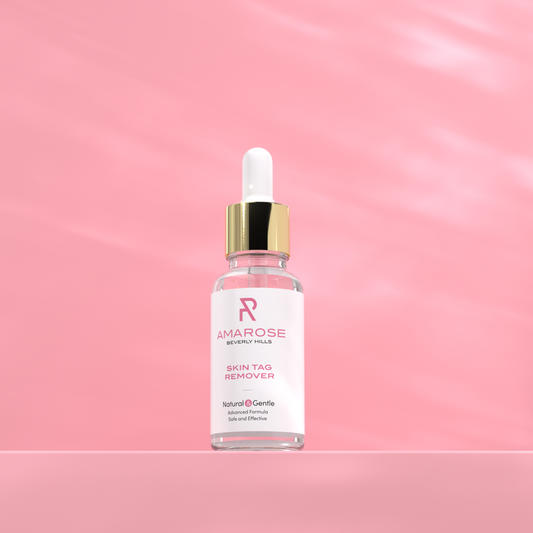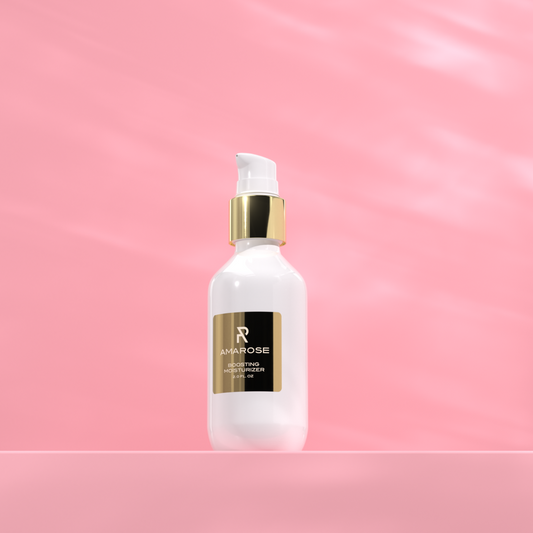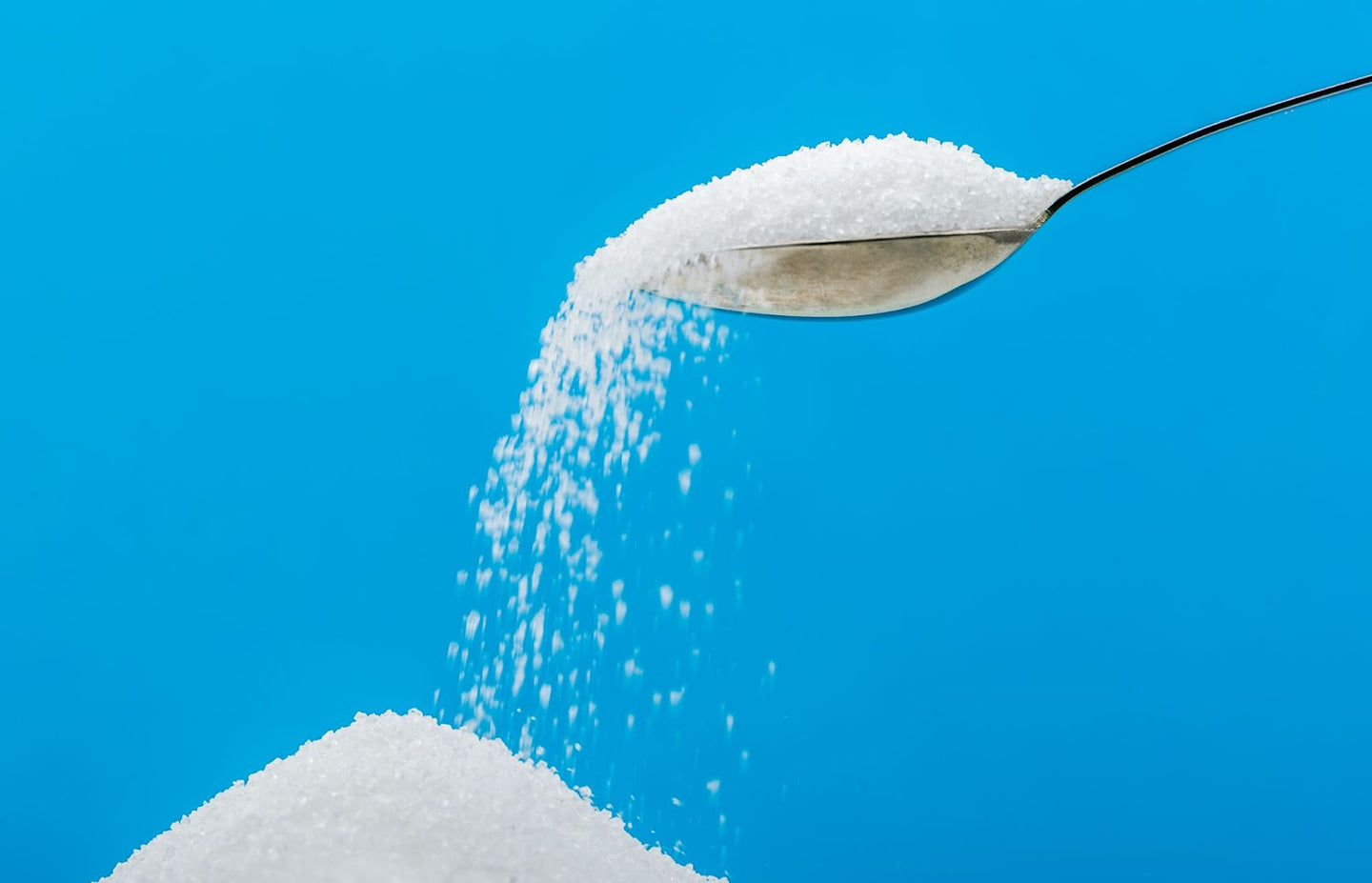

Skin Aging: Sugar Causes Wrinkles
A high intake of sugars has a devastating effect on skin's collagen. Collagen is the protein that gives the skin elasticity and firmness. Its reduction causes a flaccid skin and wrinkled appearance.
Having more or fewer wrinkles does not only depend on genetics, the sun damage you’ve experienced throughout your life, or whether you have thinner or thicker skin.
Premature skin aging is also closely linked to sugar consumption. So now you have one more reason to reduce it: excess blood glucose promotes onset of obesity, type 2 diabetes, and/or cancer, and also has a devastating effect on the skin's collagen and elastin.
Blame it on Glycation
What is Glycation?
Glycation or glycosylation is a complex but very common chemical process, both outside and inside our body.
It consists of the spontaneous chemical reaction occurring between glucose and amino acid of a protein.
As a result of this reaction, the body generates new molecules called AGEs (Advanced Glycation End Products).
These molecules cause oxidative damage, inflammation, and cell death.
The phenomenon of glycation occurs in the food industry, for example, in baked or toasted products such as pastries or breakfast cereals. It also occurs when we roast, bake or fry chicken. Therefore, these types of products already contain AGEs.
But this process also occurs inside the body if we consume an excess of sugars and, as a result, a lot of glucose circulates in the blood.
How does Glycation Affect the Skin?
As we said, glycation is a normal process in which sugar and a protein join to generate AGEs, molecules that cause oxidative damage.
But when there are high levels of glucose circulating in the blood, glycation is multiplied throughout the body, and so are AGEs. When this happens, it's inevitable to suffer severe skin damage and collagen reduction. In the case of the skin, this reaction occurs between sugar and collagen.
Collagen is the most abundant protein in our body. It is part of tendons, bones, the filling tissue between organs, and epithelial tissue.
Inside the cells of the epithelial tissue, which makes up our skin but also lines the organs or blood vessels, there is a mini-skeleton of collagen that makes the skin elastic and, when pinched, returns to its place.
But if you consume a lot of sugars, the numerous glycation reactions cause this collagen mini-skeleton to lose elasticity, resulting in sagging and wrinkle-prone skin.
Avoid Sugary Ingredients That Cause Wrinkles
It is clear that diet is a factor that has a major influence on collagen levels. Other factors such as age or hormonal changes cannot be controlled, but diet can be modified.
To avoid premature aging and keep wrinkles away, you have to limit the following:
- Sugar consumption. Sweets, refined cereals, industrial juices, processed sweet foods, and even processed meats.
- Foods rich in EFAs. Baked pastries, processed breakfast cereals, cookies, roasted coffee. Industrial baking and roasting processes generate AGEs.
Vitamin C Rejuvenates the Skin
In addition to reducing the consumption of sugars, an adequate intake of vitamin C helps to counteract oxidative damage from free radicals and, above all, promotes collagen production.
Fruits and vegetables are the foods with the highest vitamin C content, ensuring a good renewal of collagen in the skin.
To increase vitamin C intake you can either opt for supplements or even better, add the following fruits to your diet:
- Oranges and orange juice
- Strawberries
- Blackberries
- Lemons
- Grapefruit
- Kiwi
The best vitamin C vegetable sources include:
- Red bell peppers
- Chili peppers
- Broccoli
- Brussel sprouts
- Tomatoes
- Cabbage
Final Word
There's no doubt that sugary and processed foods are bad for your health in many aspects. Besides promoting excess weight gain, which increases the risks for diabetes, heart diseases, and cancer; sugary foods also contribute to premature skin aging and wrinkle appearance.
When eating a lot of sugar, we provoke a chemical reaction between glucose and amino acids in the body, known as glycation. This leads to the formation of new molecules with cell-oxidative effects called AGEs or Advanced Glycation End Products.
These molecules cause skin sagginess and reduce collagen, which further leads to premature aging and wrinkles.
Avoiding sugary and processed foods is the best way to keep your skin's health and collagen levels under control, so next time you're craving a sugar-packed cake, try having a fruit smoothie instead.
